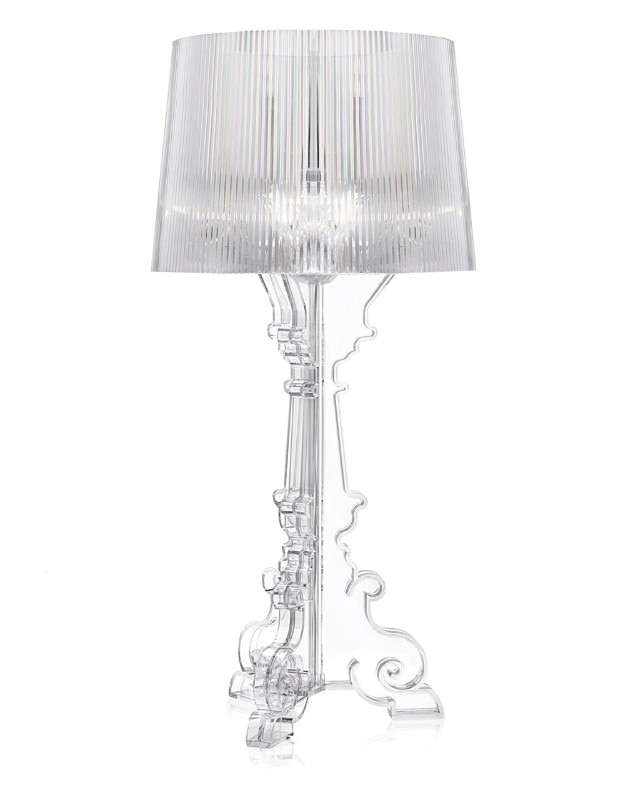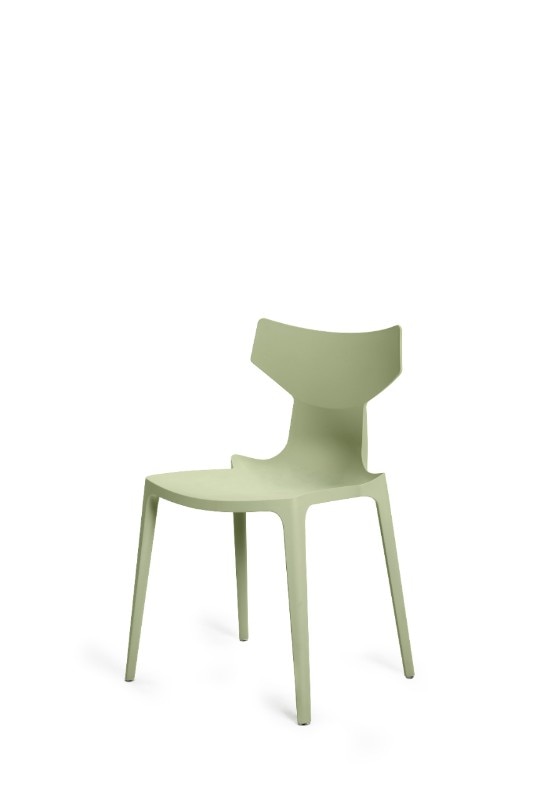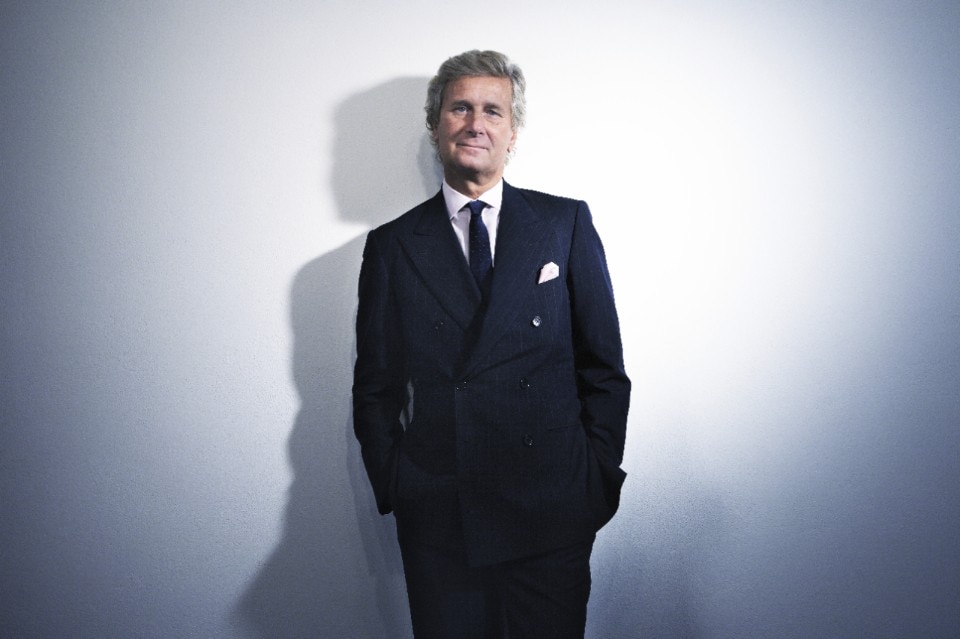This article was originally published on Domus 1056, April 2021
The culture of making. Striving for beauty. Sustainability. Business ethics. Claudio Luti, the president of Kartell (and its owner) and former president of the Milan Design Week, says he will speak freely and unscripted. “That way I can express some emotion for the things I care most about.” Actually, his words are as clear and distinct as Descartes’ notions and they paint a picture of a corporate recipe that becomes a road map for the country. A path which, unlike that of the French philosopher, leaves no room for doubts regarding method or existential misgivings because it is centred on optimism. “It’s a cultural attitude rather than a professional one, otherwise you can’t do your job as an entrepreneur. If you play defensively with a losing team, you lose also the will. When you play, you need to have tactics and to know where you’re going. You have to be positive, look at the numbers and be able to manage them. You can’t improvise.” Along with the positivity, however, you need a long-term vision, “for us at least until 2030”. Then comes dedication and the joy of working.
Working requires change, innovation and growth, all with a firm intention and also treating the year of the pandemic as an opportunity to go back and review what has been done and improve it.
“Working requires change, innovation and growth, all with a firm intention and also treating the year of the pandemic as an opportunity to go back and review what has been done and improve it. In this way, even a pestiferous year like 2020 can prove rewarding.” Certainly for Kartell, which over the last 12 months has opened 54 stores (single-brand and non-) around the world, refurbished 33, presented many new products and renewed its catalogue by accelerating on biodegradables. In financial terms: +4 per cent, a social media boom and a doubling of online business, attracting over 3 million unique users, and success with products made from recycled materials, 65 per cent of them derived from vegetable waste. These results sound unimaginable if you read the newspapers, which write of the collapse of a sector (actually, it has “only” lost 10.8 per cent.) The truth is that Kartell’s numbers come from a long way back.

“The pandemic has made people re-evaluate their homes because forced to stay there but we had set off along this path much earlier. We had a clear vision: not to wait for customers to arrive in our stores, but attract them, stir their curiosity and a feeling of excitement. We came from major efforts to construct our image and how we present ourselves and conceive our spaces. I probably had this awareness from my experience in fashion and, as soon as I was able to, I applied it. Because you can’t do it unless the options exist. You have to balance the numbers and projects, and not lose money. I wanted to talk to the heart with our window displays, although we’ve also upgraded the digital channel. We’ve worked hard but we’ve also been lucky.” Luck perhaps, but also the ability to seize on what the moment brings, turning adversity into opportunity.
Within this year, we want to convert our catalog largely with green elements and produce most of the packaging with recycled and recyclable materials.
In the stores, Luti has “stopped showing lineups of objects, detaching them from the walls and furnishing the windows to turn them and the shops into welcoming spaces.” As for the catalogue, “taking note of a year when our way of life has changed profoundly, but perhaps not the way people are,” he has introduced new colours for some iconic products, making them more opaque, as well as lighter, but most importantly moved into the realm of sustainability. “We’re committed to embracing the UN 2030 Sustainable Development Goals. This year, we want to switch our catalogue largely over to green components and produce most of our packaging with reclaimed and recyclable materials.” Luti continues to enjoy it and feel the passion, meeting his designers daily, “great creatives, all very different as are the materials they use. In a month I see them all, regularly. I enjoy and feel excited working directly with them, handling the prototypes and deciding on the new catalogue. I’m really proud of it because it also helps people understand how to use our many products, matching our ideas, as well as those of the market, to what people want. I believe that this is our hallmark, the key to Kartell, and this harmony brings positive results while sending a positive message around the world.”

Speaking of the world, we wonder whether people will return to Milan to admire design, plus much more. After last year’s cancellation, the postponement to September doesn’t seem a good sign. Luti pauses for a moment, almost surprised (this conversation was held before he resigned as president of Salone del Mobile, ed.). “Nobody can question the Salone. It is Italian culture and speaks the same language as the landscape, which everyone envies. The language of living well and feeling good. The universal language of passion, of everyone coming together in the name of beauty. The Salone is everything to us, made of indispensable exchanges and relationships. It also symbolises our ability to summon everyone to Milan to show off our creativity, skills and vision. We need the Salone and we hope Mario Draghi will help us with the vaccine. The pandemic forced us stop and reflect on our true values: family, friendships, passion, work. Now is the time to start up again and think about welcoming the world back.”


